SUMMARY
This is AI generated summarization, which may have errors. For context, always refer to the full article.
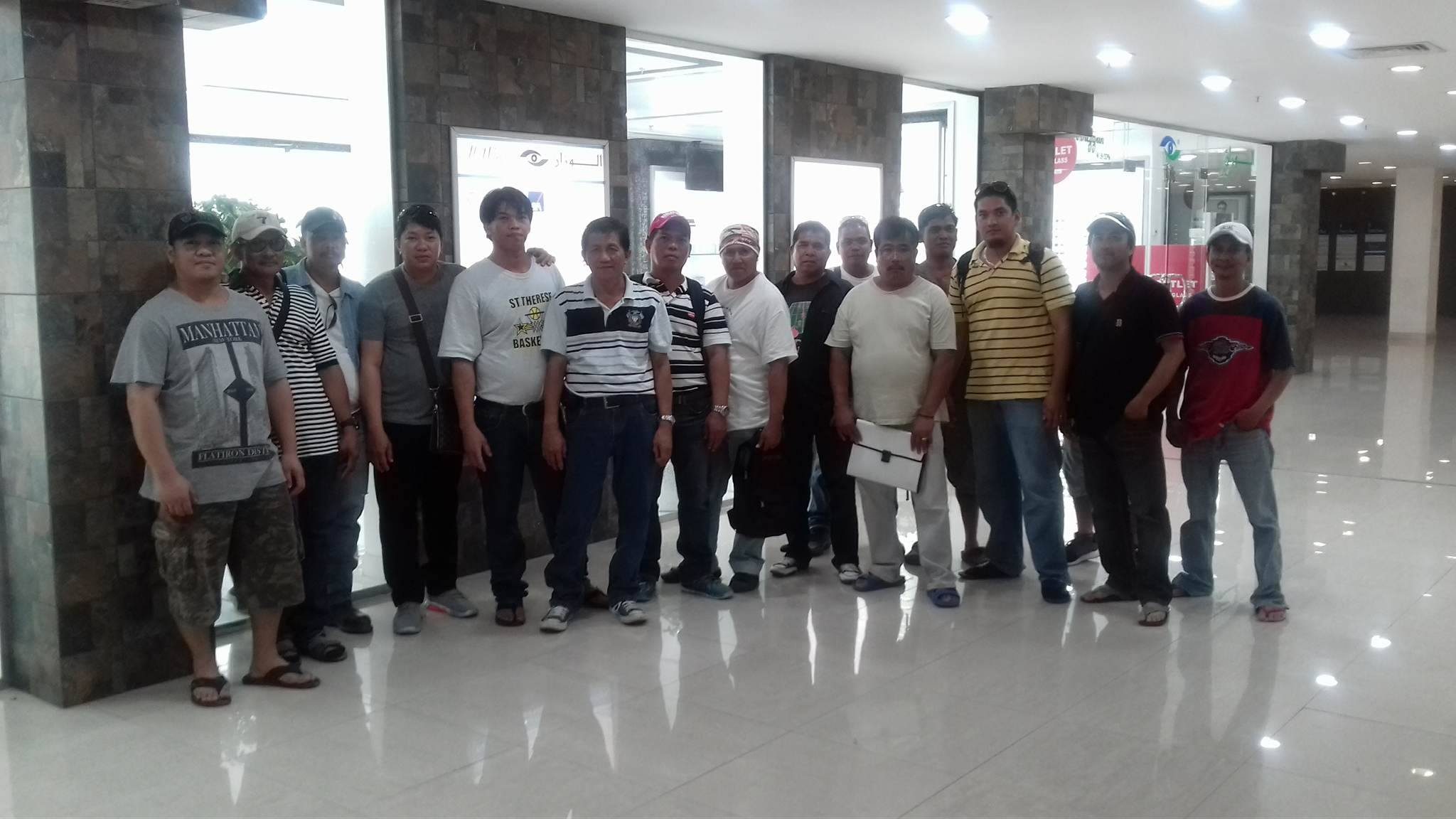
MANILA, Philippines – Despite the Department of Labor and Employment (DOLE) announcing that some 9,000 overseas Filipino workers (OFWs) would finally receive their unpaid salaries and benefits from their Saudi Arabian employers, some were still not sure if they were among the recipients, and how to claim this.
The DOLE announced that the Saudi government would pay P4.6 billion in unpaid salaries to 9,000 OFWs, expected by December, when Saudi Labor Minister Ahmed al-Rajhi is scheduled to visit the Philippines.
Migrante Philippines chair Arman Hernando said that their group met with Overseas Workers Welfare Administration (OWWA) chief Hans Cacdac in mid-November to inquire about the development.
“Ang binanggit ng admin ng OWWA ay wala pang malinaw na procedure kung paano mabibigyan lahat ng OFWs na affected,” said Hernando. (The OWWA administrator said there was no clear procedure on how all OFWs affected would receive their claims.)
Rappler followed up with Cacdac if there was now a procedure, but he has not replied as of posting. DOLE’s announcement was on October 31.
Getting the runaround
Anthony Patiag, who was formerly a heavy load driver at the Rajeh H. Al Marri & Sons Co. (RHM) in Saudi Arabia, told Rappler on Wednesday, December 1, that RHM owed him around 54,000 SAR (P724,000) in total unpaid salaries and end-of-service benefits. He came home to the Philippines in 2017.
RHM was named by the OWWA as one of the big firms in which OFWs were displaced before 2017. The contracting company was affected by an economic crisis in the gulf kingdom around 2015.
However, Patiag was not informed if he was among the 9,000 beneficiaries. When the news came out of Labor Secretary Silvestre Bello III guaranteeing the labor claims, Patiag said he had a difficult time getting in touch with government officials.
Samson Pansoy Jr., another ex-RHM employee, said he and his group were given the runaround between the OWWA offices in Pasay City and Intramuros.
Pansoy claimed the personnel at the central office instructed them to go to OWWA National Capital Region. “Nakausap namin ang OWWA sa Pasay, at pinapapunta naman sa POEA lahat. Pasa-pasa ‘yung nangyari,” said Pansoy. (The OWWA office in Pasay then made us go to the Philippine Overseas Employment Administration. They kept passing us around.)
Pansoy claimed RHM owed him around P247,000. Patiag and Pansoy are part of a group of over 100 ex-RHM employees claiming unpaid wages.
“Dine-demand natin sa government na lahat ng magiging transaksyon ay gawing transparent for the benefit ng ating manggagawa,” Bayan Muna Representative Ferdinand Gaite, a member of the House committee on overseas workers affairs, said on November 25 in a press briefing with Migrante.
(We are demanding that the government be transparent in all its transactions [related to the claims] for the benefit of our workers.)
The creation of an OFW department is a longstanding promise of President Rodrigo Duterte. The OFW department was envisioned by the President to be a solution to problem of OFWs of having to go to different offices for their needs. – Rappler.com
Add a comment
How does this make you feel?




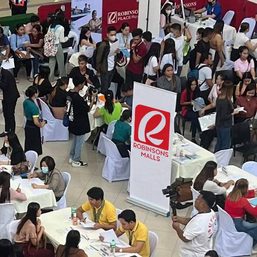
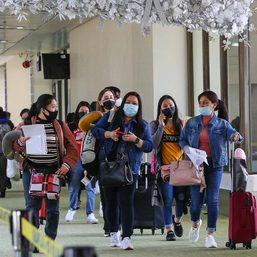

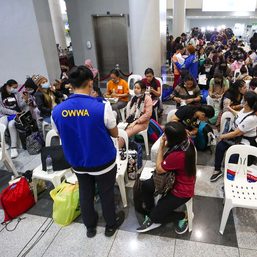
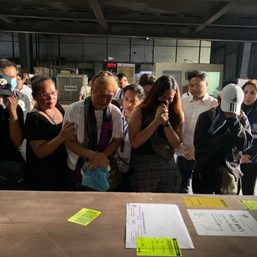





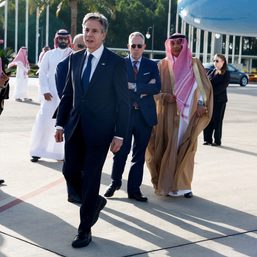
There are no comments yet. Add your comment to start the conversation.